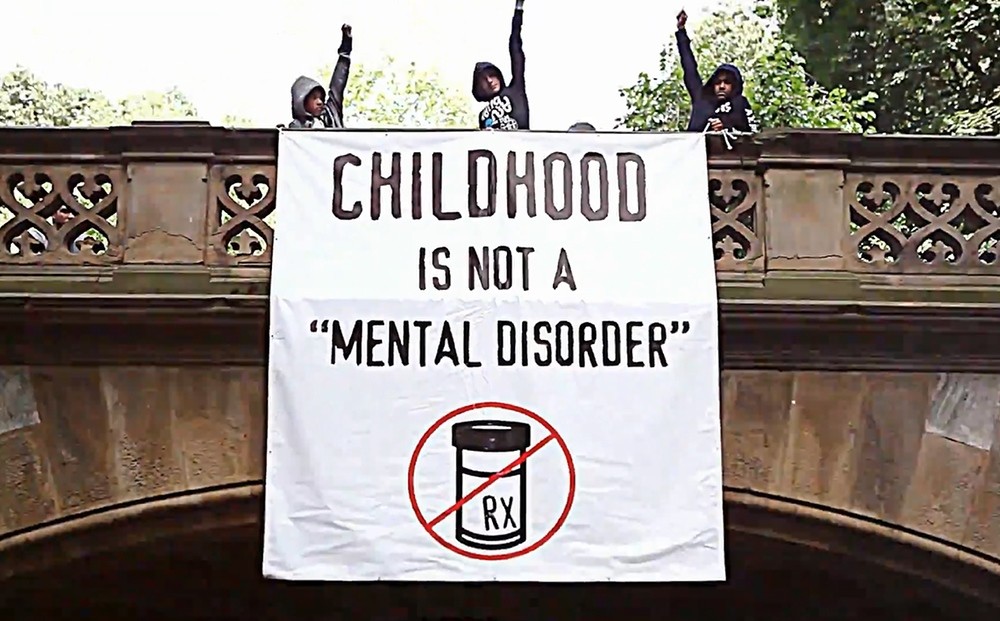
Midwestern Doctor
@MidwesternDoc
In July 2022
@TuckerCarlson
broke a major taboo by discussing the link between antidepressants and mass shootings—a problem that did not exist until SSRIs entered the market.
Despite being written off as a "conspiracy theory" industry studies consistently showed that SSRIs cause aggression, bipolar disorder, and a loss of one's grip on reality—much of which was only learned after lawsuits from SSRI victims forced the industry to reveal that unpublished data.
In many cases, this leads to psychotic violence which is typically suicidal in nature, but sometimes also homicidal (e.g., a sweet elderly man stabbing his wife 200 times).
Once the school shooting epidemic began, activists quickly noticed the shooters were on SSRIs. To "solve" this, the entire media suddenly stopped reporting what medications the shooter was on, it became taboo to ever suggest any link existed between the two, and every school shooting became a polarized discussion over banning guns.
So, on May 26 2022, (two days after the tragic Uvalde shooting), I published an article (listed below) which compiled the shocking and extensive evidence linking SSRIs to mass shootings in susceptible individuals and showed that those incidents followed a clear and consistent pattern.
It struck a chord (as many could see our "approach" to mass shootings was doing nothing to stop them), quickly went viral, and a few days later on July 5, Tucker, at great risk, aired his groundbreaking segment and permanently changed the media landscape.
Since then, many other prominent figures (e.g.,
@mtgreenee
,
@MattWalshBlog
and
@RobertKennedyJr
) have begun broaching this subject as well and significant doubts have begun emerging around SSRIs.
Likewise, while the data on a shooter's psychiatric medications are rarely made available to us, a CDC official privately shared with one of us that the CDC has continued to secretly track the link between mass shootings and found it's consistently there but has declined to share it due to the political ramifications of that decision.
In this thread, I will provide the evidence SSRIs cause psychotic violence, show how the FDA covered it up in an identical manner to the dangers of other problematic pharmaceuticals (e.g., the COVID vaccines) and highlight how the risks of the SSRIs greatly exceed their "benefits."









 Reply With Quote
Reply With Quote






Bookmarks